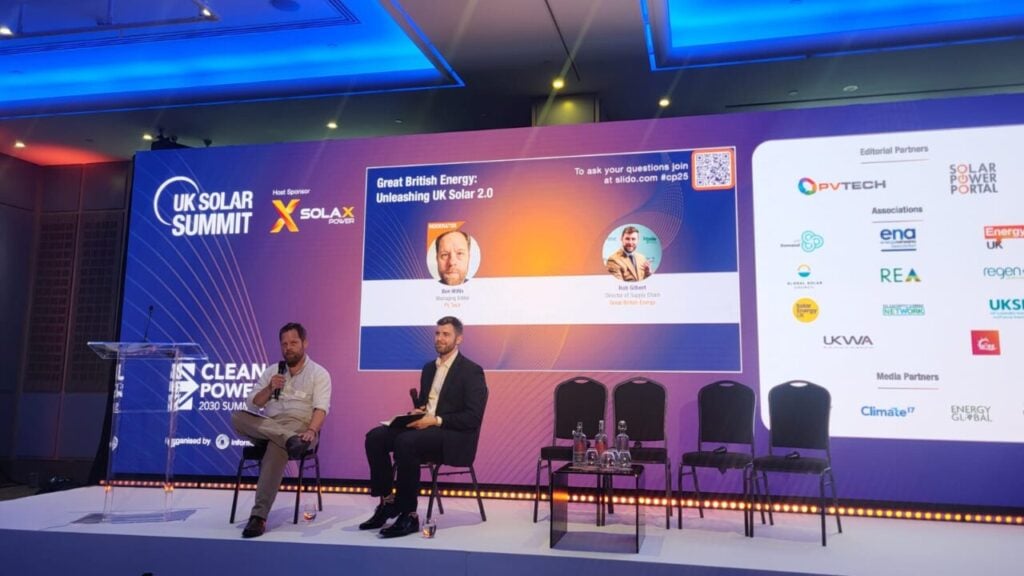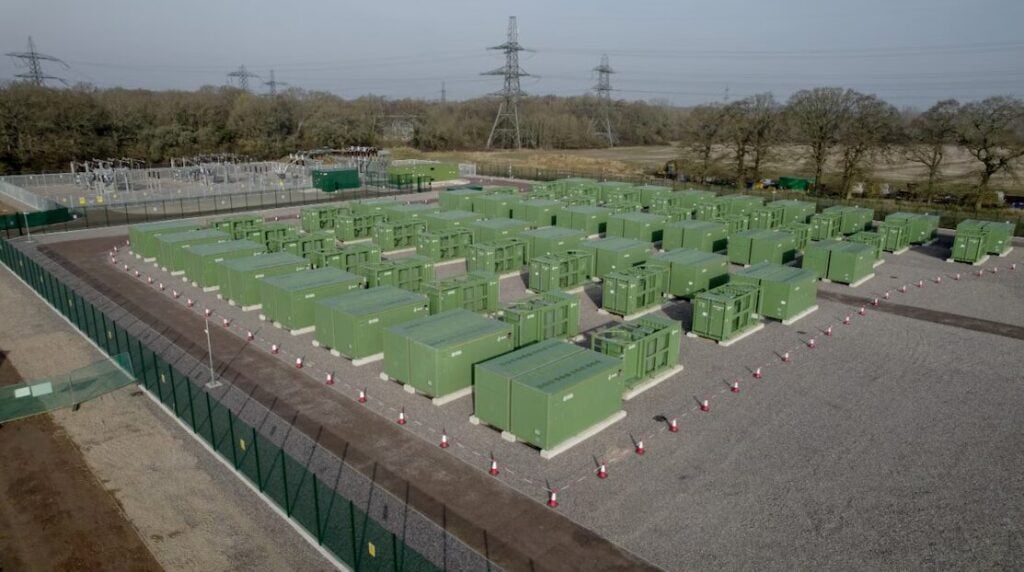Maine cuts back on net metering to avoid electricity price spikes
The state government of Maine passed a law on Monday limiting the scope of Net Energy Billing (NEB) after the scheme saw higher adoption than expected which had an inflationary effect on electricity prices.
The second criteria permits plants of less than 5MW to benefit from the programme if they are “collocated with all of the distributed generation resource’s net energy billing customers and those customers are subscribed to 100% of the facility’s output.” This applies only to projects that enter into NEB agreements after the end of 2023.
Net Energy Billing – also known as Net Metering – is the ability of electricity consumers with renewable energy generation sources to sell excess energy produced back to the power grid, offsetting their electricity bills and turning them into ‘prosumers’.
In some cases, an excess in prosumers selling unused power back to the grid at favourable prices can lead utilities to raise electricity prices to maintain profitability, which impacts non-prosumer customers. Research from the Tokyo University of Science used mathematical equations to show that in a worst-case scenario, an excess in self-generation can lead to a market ‘death spiral’, wherein rising prices push more customers to adopt their own renewable energy, which in turn pushes prices higher, which creates more prosumers, and so on into crisis.
To replace the scaled-back NEB scheme, the Governor’s Energy Office has said that it will seek federal funding to establish the Distributed Solar and Energy Storage Program (DSES Program). This programme will foster the growth of distributed solar and storage, and also be excluded from using Maine electric ratepayer funds unless under limited and specific circumstances.
The Public Utilities Commission (PUC) will also be given freedom to run competitive requests for distributed generation projects, and to enter into long-term contracts with transmission and distribution utilities for procurement of the energy.
The most well-known and controversial net metering policy in the US is the Californian NEM 3.0, which this year was changed to slash payback rates for rooftop solar owners and incentivise battery storage. This change was met with backlash from solar trade bodies, which said that unfavourable rates for prosumers will only discourage solar adoption and slow the energy transition.
For more information, please check solar mount website.
.jpg)
The second criteria permits plants of less than 5MW to benefit from the programme if they are “collocated with all of the distributed generation resource’s net energy billing customers and those customers are subscribed to 100% of the facility’s output.” This applies only to projects that enter into NEB agreements after the end of 2023.
Net Energy Billing – also known as Net Metering – is the ability of electricity consumers with renewable energy generation sources to sell excess energy produced back to the power grid, offsetting their electricity bills and turning them into ‘prosumers’.
In some cases, an excess in prosumers selling unused power back to the grid at favourable prices can lead utilities to raise electricity prices to maintain profitability, which impacts non-prosumer customers. Research from the Tokyo University of Science used mathematical equations to show that in a worst-case scenario, an excess in self-generation can lead to a market ‘death spiral’, wherein rising prices push more customers to adopt their own renewable energy, which in turn pushes prices higher, which creates more prosumers, and so on into crisis.
To replace the scaled-back NEB scheme, the Governor’s Energy Office has said that it will seek federal funding to establish the Distributed Solar and Energy Storage Program (DSES Program). This programme will foster the growth of distributed solar and storage, and also be excluded from using Maine electric ratepayer funds unless under limited and specific circumstances.
The Public Utilities Commission (PUC) will also be given freedom to run competitive requests for distributed generation projects, and to enter into long-term contracts with transmission and distribution utilities for procurement of the energy.
The most well-known and controversial net metering policy in the US is the Californian NEM 3.0, which this year was changed to slash payback rates for rooftop solar owners and incentivise battery storage. This change was met with backlash from solar trade bodies, which said that unfavourable rates for prosumers will only discourage solar adoption and slow the energy transition.
For more information, please check solar mount website.




